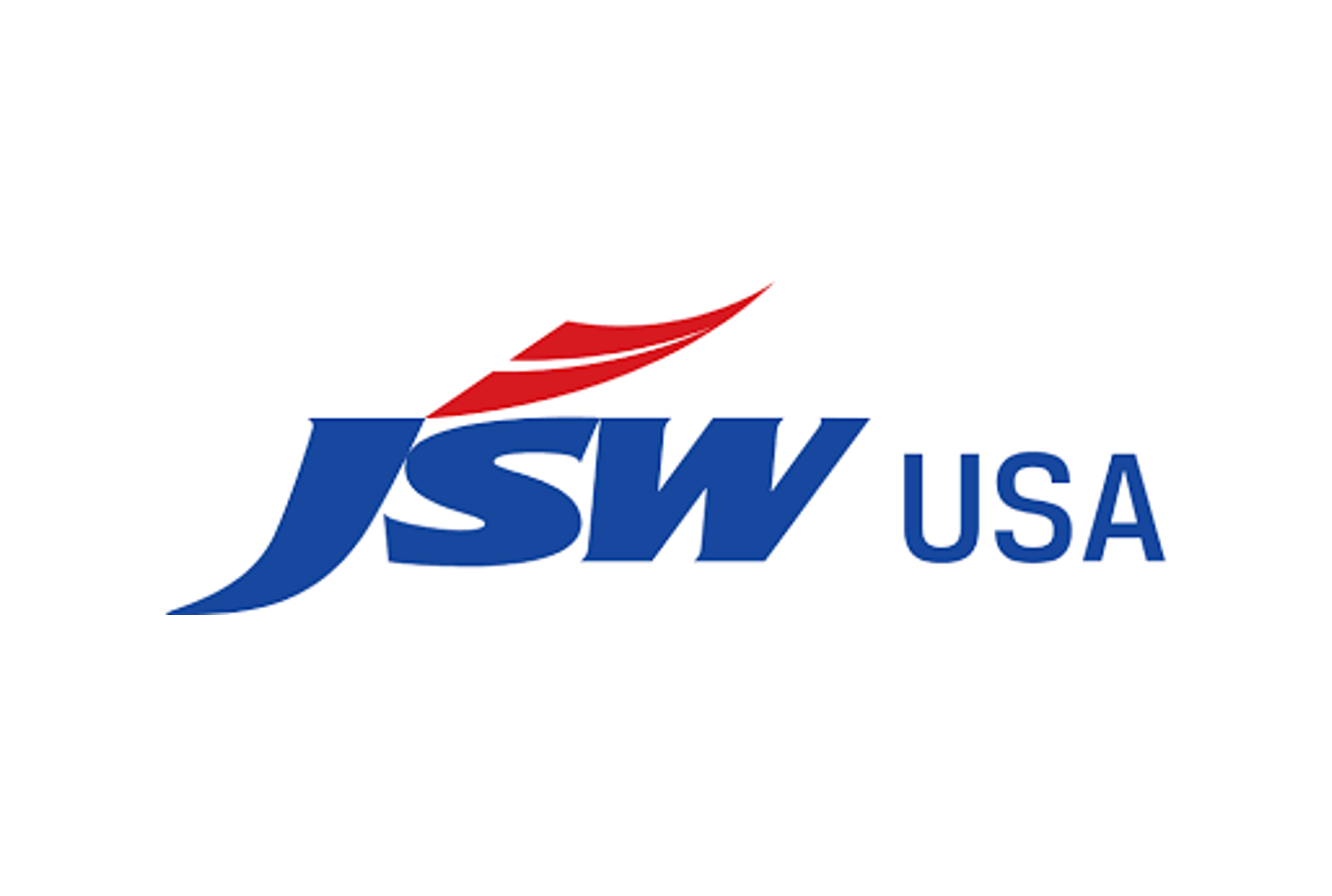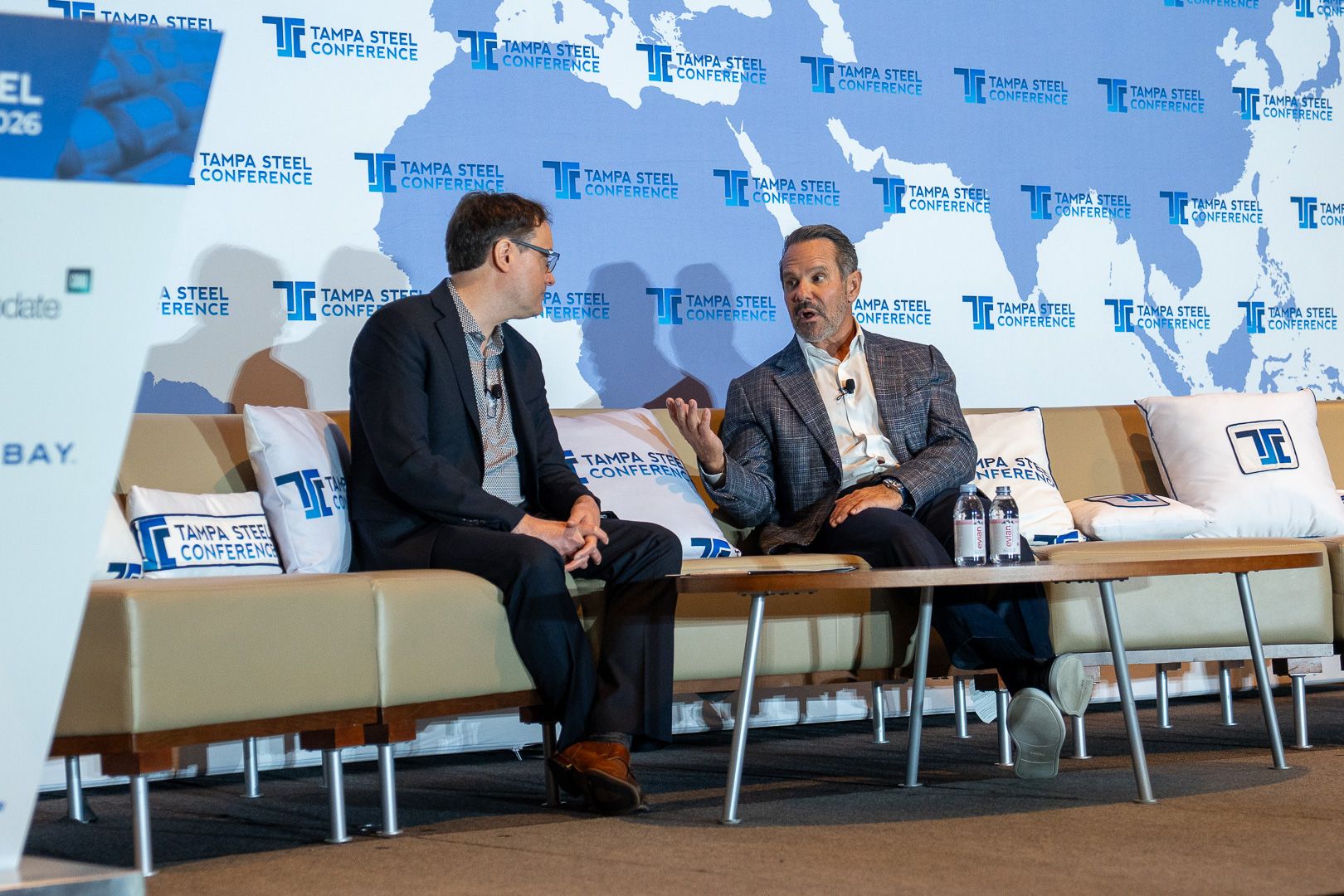Community Events
August 24, 2023
Steel Summit: Gene Marks Sees Conflicting Signs of a Recession
Written by Becca Moczygemba
Will there be a recession in 2023? Steel Summit keynote speaker Gene Marks weighed in on what he thinks about the possibility of a recession.
Pinning down when a recession will happen is not the easiest task, Marks said.
“Employees, partners, customers, and suppliers are relying on us to make the right decisions. To do that we have to look at what’s going on in the world and make decisions to match our businesses,” he said.

As for whether or not the US will see a recession in the near future, “There are conflicting signs,” Marks said.
“There are layoffs happening in the technology industry and residential construction, but unemployment is at a 40-year low. Manufacturing has been slowing while the service industry has been bustling. Mortgage rates have increased but housing prices haven’t dropped. Household wealth is declining but markets are at all-time highs,” he noted.
The US is the world’s largest economy, Marks pointed out. The economy in California alone is larger than the economy in the UK.
“Some parts of the country are stronger than others, some industries are stronger than others,” he said. He then pointed out that you cannot look at the US in a general way and determine whether or not there will be a recession, you have to dig into the details.
He said an overall recession would hinge on three things: Inflation, interest, and capital.
Marks said there are some concerning elements that stick out. Overall manufacturing costs are up 32% over the past three years, while trucking and freight have increased 31%. Core business costs are significantly higher than they were before Covid.
On the flip side, the supply of money has been decreasing as of late, but interest rates will remain elevated for some time going forward. According to the Federal Reserve, 50% of banks are tightening their credit, which is a high we haven’t seen in the past ten years, he said.
So how can businesses navigate the hurdles?
Investing in technology and diversifying cash are two approaches that businesses can take.
“There is $1.7 trillion coming into the economy right now, and only 30% is committed,” Marks pointed out.
Between the Chips Act ($280 billion), the infrastructure bill ($1 trillion), and the Inflation Reduction Act ($391 billion), only a fraction of the funds have been committed.
“You can go online and see what companies are taking advantage of this money, not just your companies, but others that you can sell to,” he commented.
Join the SMU steel community in person at our next event, the Tampa Steel Conference, Jan. 28-30, 2024.





